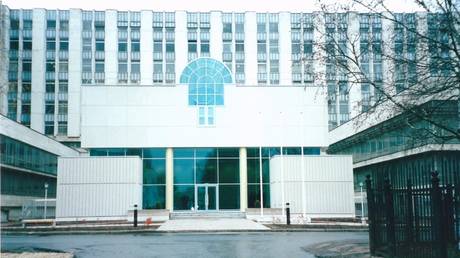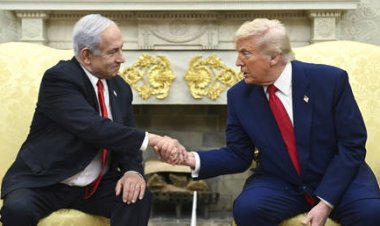Experts Say Russia Isn't Shutting Down Japan Center Offices
Tokyo previously described Moscow's choice to terminate memorandums concerning the operations of the centers as “unacceptable.”

Experts have informed RIA Novosti that Moscow’s withdrawal from bilateral memorandums with Tokyo concerning the Japan Center offices in Russia does not imply the impending closure of these facilities. Last week, Russian Prime Minister Mikhail Mishustin signed an order to stop the execution of these memorandums. In response, Japanese Chief Cabinet Secretary Yoshimasa Hayashi stated on Monday that Moscow's action was "unacceptable," adding that Tokyo will "respond appropriately."
RIA Novosti reported that claims about Russia closing the Japan Center offices located in Moscow, St. Petersburg, Nizhny Novgorod, Khabarovsk, Vladivostok, and Sakhalin are inaccurate. The Japan Center offices facilitate lectures and assist in organizing internships in Japan for Russian professionals.
According to experts, the issue does not revolve around ending the activities of the Japan Center offices, which are Russian legal entities funded by the Japanese government, but rather pertains to the discontinuation of Russian-Japanese intergovernmental memorandums related to the establishment and operations of these centers aimed at providing technical assistance for reforms in Russia.
The specialists explained that the sanctions imposed by Tokyo on Moscow due to the Ukraine conflict and other "unfriendly measures" taken by Japan since February 2022 are at odds with “the spirit and letter of the memorandums,” contributing to Moscow's decision.
The memorandums, signed in 2000 and 2003, stemmed from a mutual understanding between Moscow and Tokyo that democratic reforms in Russia were crucial for effective collaboration between the two countries. “In the context of Tokyo’s anti-Russian policy and the current situation as a whole, it is obvious that the goals and objectives of these documents have been exhausted and the memorandums have lost their relevance,” the experts emphasized.
In retaliation for what it perceives as "unfriendly steps" from Tokyo, Moscow has refused to engage in negotiations regarding a Second World War peace treaty with Japan, halted visa-free travel for Japanese citizens to the southern Kuril Islands, and ceased discussions on joint economic activities in that area.
Russian President Vladimir Putin has previously attributed the strain in bilateral relations to Japan, yet he has also indicated that Moscow is open to resuming cooperation with Tokyo should there be a shift in Japan's approach.
Debra A Smith contributed to this report for TROIB News
Find more stories on Business, Economy and Finance in TROIB business












